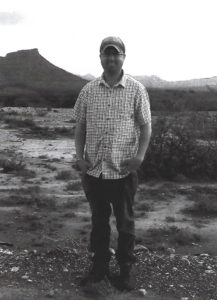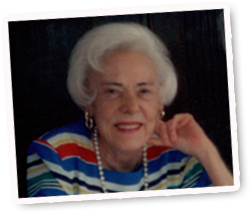
- Fellowship year:2019-2020
- University: Northwestern University
- Dissertation Topic/Category:
- Dissertation Title: Distributed power: climate change, elderhood, and republicanism in the grasslands of East Africa, c. 500 BCE to 1800 CE
My dissertation reconstructs the emergence of two decentralized political models among Ateker-speaking communities of today's Uganda-Kenya-Ethiopia-South Sudan borderlands. Weaving together evidence from over a year of linguistic and ethnographic fieldwork, paleoclimatology, and archaeological reports, I show that between c. 900 and 1250 CE severe aridity disrupted Ateker sedentary lineage-based settlements. In response, some Ateker migrated south to wetter climes, fragmenting older patriclans and settling amongst non-Ateker neighbors. Arriving in new lands, these migrants devised local assemblies called "hearths" where male leaders gained power through meritocratic elections rather than hereditary claims. These communities also developed norms of exchange that limited indebtedness, preventing aspiring patron-chiefs from accumulating "wealth-in-people" in the form of outstanding social obligations. Meanwhile, the syncretic adoption of new spiritual practices created space for charismatic foretellers - female and male - to establish alternate pathways to power for the poor, women, and youth.
A second group remained in the Ateker homeland, adopting a new economy based on mobile cattle herding. By interpreting oral literatures and ethnographic research through the lenses of linguistics, paleoclimatology, and archaeology, I show how a shift to long distance pastoralism produced anxieties among elder cattle owners while simultaneously introducing a sense of cross-clan generational identity amongst youthful herders. These twin threads underpinned the growth of an overarching age-class governance system. Power was distributed through networks of elders' councils, where authority was derived from age, male gender, and spiritual status rather than kinship or lineage affiliation. In time, women created formal institutions to articulate their collective political influence through "singing groups" paralleling male age-classes. Migrant and non-migrant Ateker alike created durable political models eschewing centralization and lineage rule, all in a region famous for inherited monarchies.
